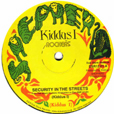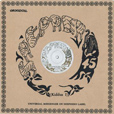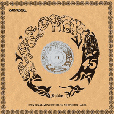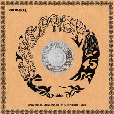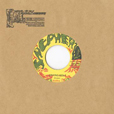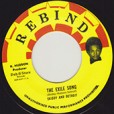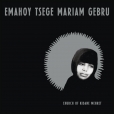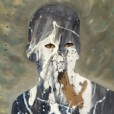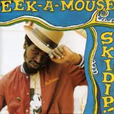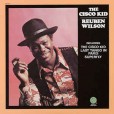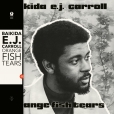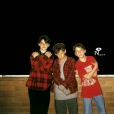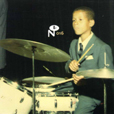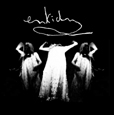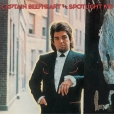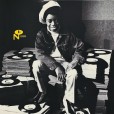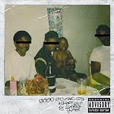Your basket is empty

Luxuriant, mesmerizing Black Ark classics.
Previously unreleased long version of the song from Rockers — which shows Kiddus I in the studio with Jack Ruby, himself taking a break from the Marcus Garvey sessions with Spear — recorded a few years afterwards.
Limber, improvisational twelve-minute version, never before released, complete with an instrumental cut.
Nine minutes of Tuff Gong jazzy dread, set to the b-line Bunny copped for Amagideon.
Black Ark recording.
Killer roots detournement of Georgia Turner‘s dread blues about a New Orleans brothel, to the tune of a seventeenth-century English folk song, by way of Bob Dylan, Nina Simone and The Animals.
Bunny Gale revives another folk song on the flip — Dead Man’s Chest — via The Viceroys’ classic Studio One outing.
More crucial Keith Hudson runnings, courtesy of Dub Store in Tokyo.
Her 1972 private-press LP, plus two unreleased piano recordings, mapping out a deeply personal take on Ethiopian Church Music.
Here is Emahoy’s most directly sacred and spiritual music-making — and some of her most moving — self-recorded in churches across Jerusalem, on piano, harmonium, and pipe organ.
With extensive biographical notes by Thomas Feng. Beautifully remastered. Old school tip-on jacket with silver-foil stamping. Black or clear vinyl.
Encouraged by the Art Ensemble of Chicago, the trumpeter Baikida Carroll upped sticks in 1972, moving from Missouri to Paris. He travelled with several colleagues from the Black Artists Group: saxophonist/flutist Oliver Lake, trombonist Joseph Bowie, drummer Charles ‘Bobo’ Shaw, and trumpeter Floyd LeFlore. Inevitably, they soon crossed paths with Jef Gilson, who invited Carroll to record for his young Palm label, in June 1974. Carroll brought along Lake, and the Franco-Chilean pianist Manuel Villaroel, from the group Matchi-Oul, which had already appeared on Futura in 1971. The lineup was completed by the great Brazilian percussionist Naná Vasconcelos, fresh from the triumph of his own debut LP as leader — the terrific Africadeus, for Saravah.
The first side is knockout: everybody plays a range of percussion and bells on the opener — its own iteration of space jungle love — embedding stately interventions by woodwind and brass; before the wildly funky free-jazz of Forest Scorpio, with raging saxophone and keyboard, and monster groove. The second half is thrillingly hybrid and one-of-a-kind: more reflective, intimate, and spaced-out — increasingly hallucinatory — with an improvisatory feel for dissonance and repetition which beckons Terry Riley and György Ligeti into the mix.
The original Palm artwork is scrupulously reproduced, and an eight-page booklet contains rare and previously unpublished photos. The more expensive LP is from an edition of just 175 copies, with see-through vinyl, and a silk-screened wraparound sleeve, numbered and signed by the artist Stefan Thanneur.
Hotly recommended.
Vintage funk and sweet soul by children, drawn from obscure 45s — fresh and irresistible, praps our favrit Numero so far.
Not for the faint-hearted — dark and dirty psych improv from Chie Mukai, Eric Cordier and Seichi Yamamoto (Boredoms). Moody, subterranean squalls and drones, blowing up like a bad-tempered Fushitsusha.
The original album cut AAA (fully analogue) from original master tape; and a bonus LP including previously unreleased alternate versions and outtakes from the recording sessions.
The Compton rapper nailing it on his major-label debut — brilliant story-telling, intimate and natural, but ruminative and densely rhymed — with blaxploitation-style settings by Dre, Pharrell, Just Blaze and co.
